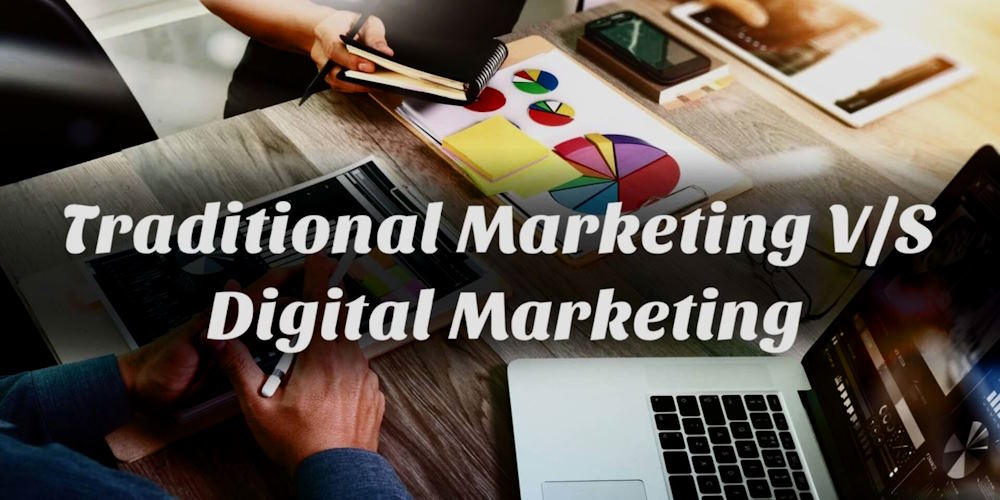
In today’s fast-paced and tech-driven world, marketing strategies have significantly transformed. The shift from traditional to digital marketing has reshaped how businesses engage with their target audience and promote their products or services. Adapting marketing strategies to the digital landscape is crucial for staying relevant, reaching the right audience, and achieving business objectives. This article will explore the challenges and opportunities of transitioning from traditional to digital marketing and discuss key strategies for effectively navigating this tech-driven world.
The Challenges of Transitioning to Digital Marketing
Changing Consumer Behavior
With the rise of technology, consumer behavior has evolved significantly. People are now more connected, informed, and empowered than ever before. Adapting marketing strategies to reach and engage this tech-savvy audience effectively requires understanding their digital preferences and behavior.
Growing Competition
The digital landscape has lowered entry barriers, allowing businesses of all sizes to enter the market and compete for attention. Standing out from the crowd and gaining a competitive edge requires innovative and strategic digital marketing approaches.

Data Management and Analytics
Digital marketing provides a wealth of data and analytics that can drive insights and inform decision-making. However, managing and analyzing vast amounts of data can be challenging. Marketers must adapt to effectively collect, analyze, and leverage data to optimize marketing strategies and deliver personalized experiences.
Strategies for Adapting to the Digital Landscape
Embrace Digital Channels
Traditional marketing relied heavily on print, television, and radio advertisements. In the digital world, businesses must embrace online platforms, including websites, social media, search engines, and email marketing. Developing a strong online presence and utilizing digital channels effectively can expand reach and engage a wider audience.
Content Marketing
Content is king in the digital era. Developing high-quality, relevant, and engaging content helps businesses attract, educate, and build relationships with their target audience. Leveraging content marketing through blogs, videos, infographics, and other formats can position a business as a trusted authority in its industry.

Search Engine Optimization (SEO)
As consumers increasingly rely on search engines to find information, optimizing a website’s visibility in search engine results becomes critical. Understanding and implementing SEO strategies, including keyword research, on-page optimization, and link building, can enhance a business’s online visibility and drive organic traffic.
Social Media Engagement
Social media platforms offer vast opportunities for businesses to connect and engage with their target audience. Building a strong social media presence, crafting compelling content, and engaging with followers can increase brand awareness, foster customer loyalty, and drive website traffic.
Personalization and Targeting
Digital marketing allows for highly targeted and personalized messaging. Businesses can use customer data to segment their audience and deliver tailored content and offers that resonate with specific customer segments. Personalization enhances customer experience and increases the effectiveness of marketing efforts.
The transition from traditional to digital marketing is essential for businesses to thrive in a tech-driven world. Adapting marketing strategies to the digital landscape involves embracing digital channels, investing in content marketing, leveraging search engine optimization, engaging with social media platforms, and personalizing messaging and targeting. By embracing digital marketing opportunities, businesses can effectively reach and engage their target audience, drive brand awareness, and achieve their marketing goals in this rapidly evolving digital era.
